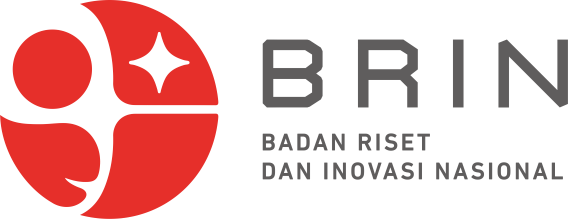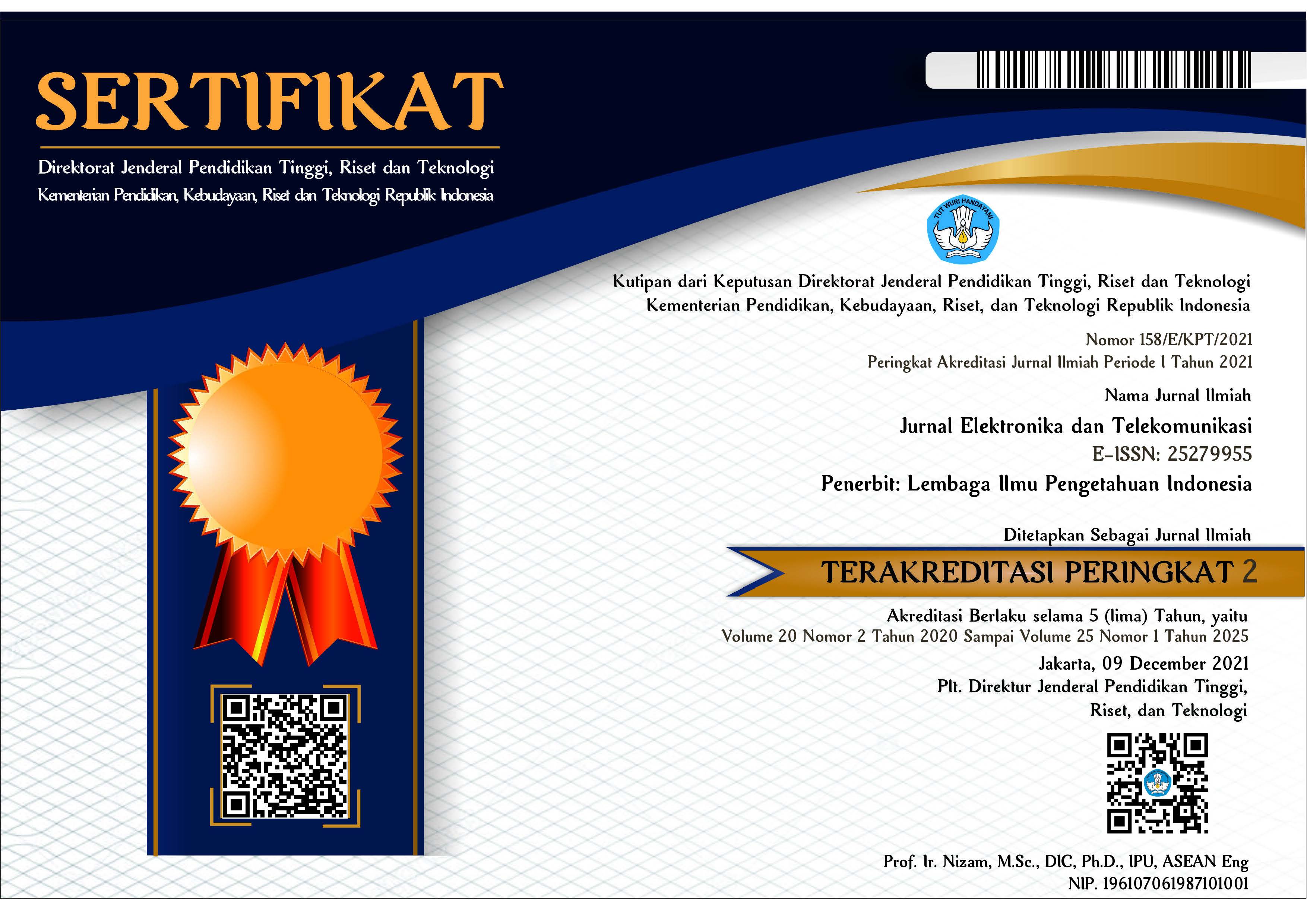Archiving and Preservation
Digital archive
JET is committed to the permanent availability and preservation of scholarly research and to ensure accessibility by converting and upgrading digital file formats to comply with the newest technology standards. We work in partnership with organizations as well as maintaining our own digital archive.
Local Archive
JET maintains a local state-of-the-art facility to store a complete, accurate digital version of paper published. The current format standards are XML and .pdf; with most files being retained in both formats. Website archiving All of JET electronic content (website, manuscripts, etc.) is stored on three different sources. Content on one server is online and accessible to the readers. The copy of the same content is kept as a backup on two other sources. In case of failure of one server, any one of the other sources can be made online and website expected to be accessible within 24-36 hours.
Self-archiving
JET support self-archiving. JET permit and encourages authors to make their research visible and accessible to the peers by uploading the final published version of their articles in personal or institutional repositories immediately after publication, while providing bibliographic details that credit, if applicable, its publication in the journal.
Indexing
JET's Abstracting/Indexing services store many essential information about the articles. Additionally, two of our journal’s Abstracting/Indexing services archive not only the metadata about the article, but the electronic versions of the articles, as well. Therefore, copies of the articles are available to the scientific community through their systems as an alternative to the journals own.
All published articles are assigned to Digital Object Identifier (DOI)- CrossRef. JET deposits publications in multiple digital archives around the world to guarantee long-term digital preservation. All published articles are indexed in DOAJ, Google Scholar, and Index Copernicus. All articles are permanently archived and available in HTML and PDF formats. JET makes article metadata available in compliance with Open Archives Initiative protocols, enabling automated 'harvesting' of our research articles for inclusion in any other digital archives. We support non-exclusive digital archiving of research articles by as many international archives as possible, to ensure the security and permanent accessibility of that research.
JET is a participant in the LOCKSS (Lots of Copies Keep Stuff Safe) initiative. LOCKSS will enable any library to maintain their own archive of content from JET and other publishers, with minimal technical effort and using cheaply available hardware.
If journal stops publishing
JET intend and expect to continue to publish our journal for a very long time. If, due to some rare, unfortunate circumstances, we are forced to stop publishing the journal, the manuscripts published in the journal will be kept online and accessible to the readers for at least 10 more years. When required under specific conditions, such as discontinuation of the collection or catastrophic failure of the website, the content will be accessible through LOCKSS and CLOCKSS.
The LOCKSS (Lots of Copies Keep Stuff Safe) system to ensure a secure and permanent archive for journal content, and the CLOCKSS (Controlled Lots of Copies Keep Stuff Safe) system to ensure a secure and permanent archive for the journal.
In the Event of Notice of Possible Litigation
If a written claim or complaint, subpoena, or other formal demand is made against the JETl for which documentation that could support or refute such a claim exists in the instituion computer system (e.g., e-mails, written records or review records), the managing editor receiving the claim shall notify the secretariat as to the particulars of the claim immediately. The secretary will work with editor and manager to notify those involved that any files associated with the event cannot be destroyed and perform targeted backups of the files of involved parties to assure that they are preserved.
Information that secretariat or editors store on a local computer (e.g., C: drive) or other local media (e.g., CD’s or flash drives) should also be retained and backed up to a secure location on our institution server. All paper records are also required to be kept and produced if required by legal action or demand. Secretariat and editors are prohibited from destroying any data upon notice of a potential claim. Deliberate destruction of identified data is a serious offense, and any person who deliberately destroys identified data will be subject to disciplinary.























